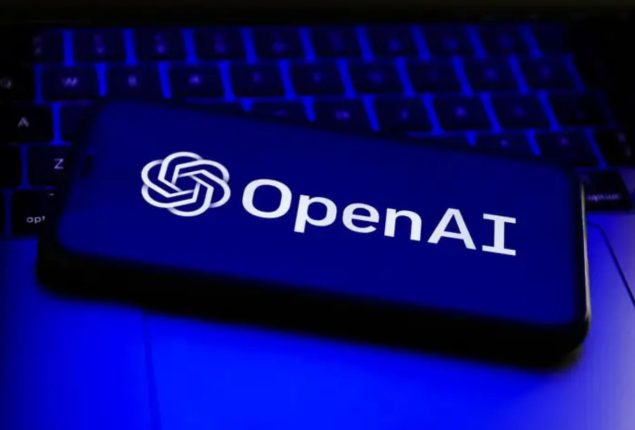Chinese Government Sets Limits on AI in Research Funding
China limits AI in research funding for ethical conduct. AI-generated content can't...

How AI becomes as revolutionary force?
In another blow to OpenAI and its partner Microsoft, nonfiction authors Nicholas Basbanes and Nicholas Gage have filed a copyright infringement lawsuit against the companies. The lawsuit, lodged in a Manhattan federal court on January 5, accuses OpenAI and Microsoft of utilizing copyrighted works without permission to develop their artificial intelligence (AI) systems.
This legal action closely follows a similar complaint by The New York Times (NYT) against the tech giants, claiming that the companies used the newspaper’s content to train AI chatbots. The NYT lawsuit, seeking “billions of dollars” in damages, was filed just a week before the Basbanes and Gage suit.
OpenAI has previously acknowledged the need to compensate copyright owners for the use of their work. In response to the NYT lawsuit, the organization stated, “We respect the rights of content creators and owners and are committed to working with them to ensure they benefit from AI technology and new revenue models.”
The Basbanes and Gage lawsuit seeks damages of up to $150,000 for each instance of copyright infringement. This legal action is part of a growing trend of authors and content creators pursuing compensation for the unauthorized use of their works in AI development.
In September, a class-action lawsuit was initiated by a professional organization for published writers, including renowned authors such as George R.R. Martin, John Grisham, and others, against OpenAI. Additionally, author Julian Sancton has filed a separate lawsuit, alleging that OpenAI and Microsoft used his work without authorization.
OpenAI is also contending with a different class-action lawsuit in California over ChatGPT, its popular chatbot. The lawsuit, filed by Clarkson Law Firm on June 28, 2023, alleges that OpenAI scraped private user information from the internet to train ChatGPT without users’ consent.
The mounting legal challenges raise questions about the practices of AI developers and their responsibility to compensate content creators for the use of their intellectual property in training models. As these lawsuits unfold, they may significantly impact the future landscape of AI development and the ethical considerations surrounding data usage.
Catch all the Sci-Tech News, Breaking News Event and Latest News Updates on The BOL News
Download The BOL News App to get the Daily News Update & Follow us on Google News.